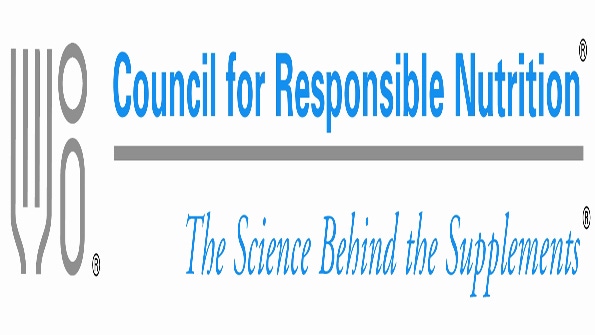New economic report demonstrates that supplementation in high-risk populations can reduce disease and potentially save billions.
September 24, 2013

Use of specific dietary supplements in targeted populations not only provides health benefits, but, according to a new economic report, also offers significant savings for health care costs. The report, “Smart Prevention—Health Care Cost Savings Resulting from the Targeted Use of Dietary Supplements,” issued by the economic firm Frost & Sullivan, through a grant from the Council for Responsible Nutrition (CRN) Foundation, examined four different chronic diseases and the potential for health care cost savings when U.S. adults, 55 and older, diagnosed with these chronic diseases, used one of eight different dietary supplement regimens. It demonstrated that supplementation at preventive intake levels in high-risk populations can reduce the number of disease-associated medical events, representing the potential for hundreds of millions of dollars—and in some cases billions—of savings.
“Chronic disease takes a huge toll on people’s quality of life, and the health care system spends a tremendous amount of money treating chronic disease, but has failed to focus on ways to reduce those costs through prevention,” said Steve Mister, president, CRN Foundation. “We already knew that the dietary supplements identified in the report can play a role in reducing the risk of certain chronic diseases; we felt compelled to find out if they could also contribute to health care cost savings by reducing the medical events associated with those conditions. This new report says emphatically that they do.”
In the U.S., 75 percent of health care dollars go to the treatment of chronic disease, with only 3 percent spent on prevention, according to the Centers for Disease Control and Prevention. Medical events—that is, inpatient procedures and emergency room visits—related to coronary heart disease, one of the conditions examined in this report, are expected to cost $77.92 billion per year. However, according to the new Frost & Sullivan report, if men and women, 55 years and older, with elevated cholesterol level took psyllium dietary fiber at preventive intake levels daily, the cost savings for coronary heart disease could be almost $2.5 billion dollars a year, equating to just under $19.9 billion in cumulative net savings between 2013 and 2020. Similarly, if all women over 55 with osteoporosis took calcium and vitamin D at preventive intake levels daily, society could save $1.5 billion dollars a year, or just over $12 billion dollars between 2013 and 2020.
To identify these potential savings, Frost & Sullivan conducted a systematic review of hundreds of scientific studies on eight dietary supplement regimens across four diseases to determine the reduction in disease risk from these preventive practices. The firm then projected the rates of medical events across the high-risk populations and applied cost benefit analyses to determine the cost savings if people at high risk took supplements at preventive intake levels.
“As an economist in the face of escalating health care costs,” said Chris Shanahan, global program manager, Frost & Sullivan, “it’s rewarding to reveal good news for health care practitioners, public policy officials, insurance companies and patients that select supplement interventions can reduce the chances of experiencing a costly medical event and help control rising health care costs.”
Mr. Shanahan called the findings of this new report “a game changer” with implications for anyone concerned about rising health care costs. “I anticipate this report will fuel the critical conversation around the importance of preventive health care practices to control health care spending, and the critical role dietary supplements can play in reducing the risk of medical events associated with these diseases.”
“This report provides one more reason for doctors and other health care practitioners to open a dialogue with their patients about incorporating supplement usage along with other healthy behaviors. For consumers, it’s a wake-up call to talk to their doctor or nurse practitioner, their pharmacist, or a registered dietitian about smart prevention, including which dietary supplements and what intake levels are right for their individual lifestyle. We also encourage insurers and employers that are looking for ways to lower premiums and absenteeism to consider dietary supplement regimens as part of workplace wellness programs or employee benefits,” said Mr. Mister. “Chronic diseases negatively impact our lives far beyond the direct medical costs and if there are things we can do to help lessen medical events and associated costs of those diseases, we should be doing them.”
The full report, including specific information about the methodology, can be found at supplementforsmartprevention.org with a series of accompanying infographics.

About the Author(s)
You May Also Like




